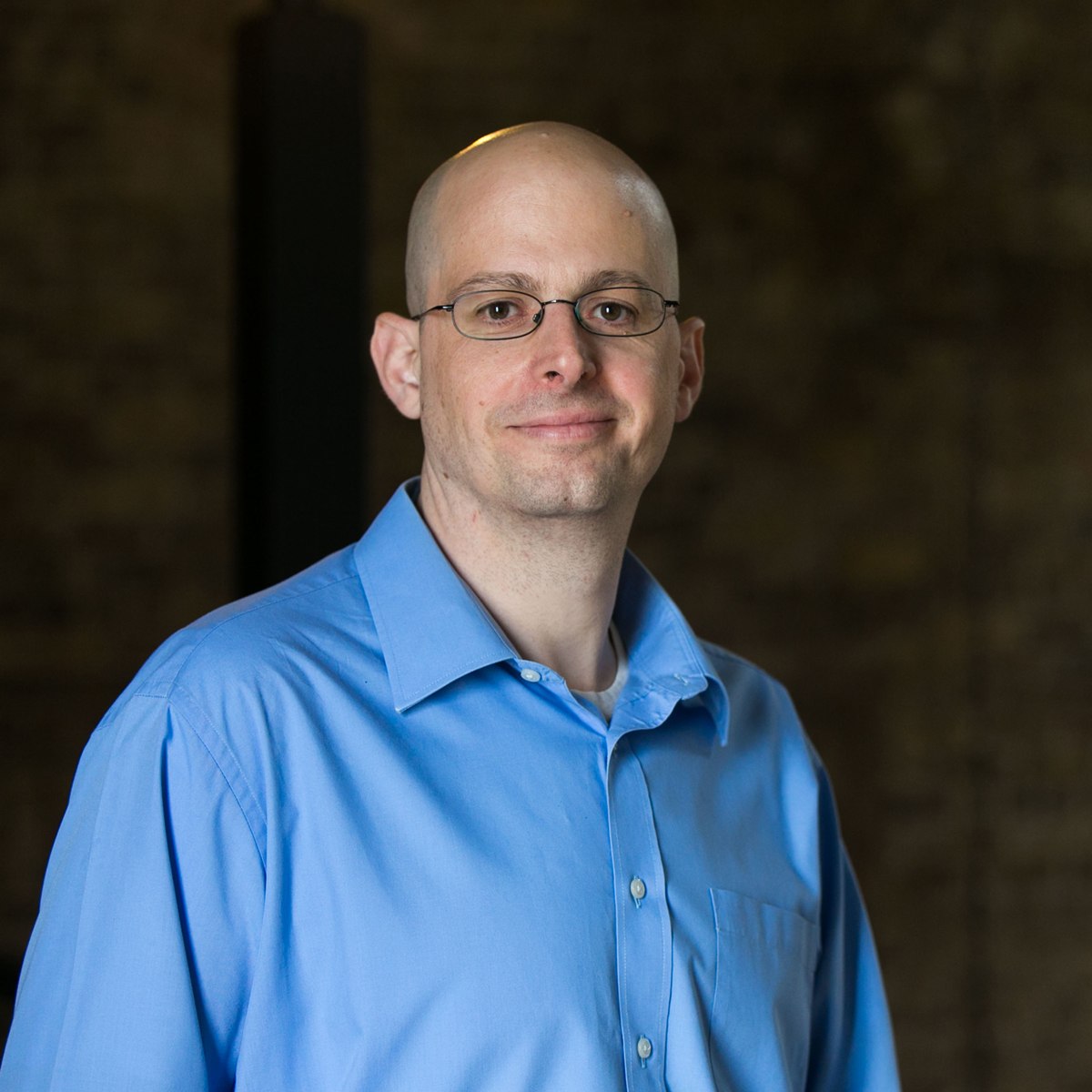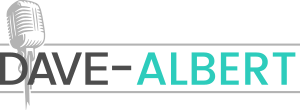Hello World, being a CTO and Co-Founder
An introduction to me, One15, and this podcast.

Spotify | iTunes | Sticher | Google Play | Player.fm | MyTuner Radio
Transcript:
Hello and welcome to the podcast. I’m your host Dave Albert. In this show, I talk about technology, building a company as a CTO and co-founder, and have guests to discuss their roles in technology and entrepreneurship.
Hello, friends, and welcome to the first episode of my podcast. I’m Dave Albert, I’m the CEO and co-founder of One15 Digital. We are a digital and marketing strategy consultancy firm. We also build digital solutions. You can learn more about our company at https://one15.co. You can learn more about me at https://dave-albert.com.
So a bit about myself. I am originally from West Virginia in the US. I currently live in Dublin, Ireland where I’ve lived for almost 10 years. I’ve been in the tech industry for over 18 years and have been in love with computers for over 30 years. I remember when my father was - no, no, when I was nine, my father brought a computer home from work and I found the greatest toy there ever was, continued to play with it and program in my just capacity as a young kid with no real guidance other than a couple of books, played with them until I got to college where I found out, hey, guess what, you can make money with these things and that was one of the most interesting days of my college career. Throughout my career, I’ve worked in banks, hospitals, a marketing agency, a very large software security company, and now, I am the CTO of One15 where I’m responsible for all things technology. So that really fills the role of a CTO but as well the role of a CIO, so not only am I building the products, deciding on the architecture of the infrastructure as well as the software, but also deciding who our service providers will be for hosting email service providers and keeping all of our web presences up-to-date, and protected from vulnerabilities and internet intrusions.
My goal is to discuss the challenges faced as a CTO and co-founder so that I can share experiences and technology that we decide on and the reasons for those decisions to help others in the same situation or who aspire to be co-founders of a digital company. Some examples of these would be why we decided to go, at least at this point, with Facebook Workplace over Slack, why we’re using Confluence even though we’ve got Facebook Workplace, why we use DigitalOcean as our hosting provider as opposed to Amazon AWS, and the techniques we’ve used to overcome some of the features that were missing from the tools that we’ve decided on, but couldn’t justify the added expense.
Another avenue I want to explore is I go to several technical and entrepreneur meetups, so I want to discuss the key points that I find interesting or the controversial areas that I’d like to find out more about or find out what other people’s opinions are. Obviously, this is a podcast so I’d need feedback either through social media or email, or as inquiries to the guests.
I’ll give you a bit more information about our company. One15, we are, as I said earlier, digital and marketing strategic consultancy firm. So what that means is for companies, we go in and give them advice on their strategy for marketing in the digital world. A lot of our clients at this point are pharmaceutical companies, and in the medical field, we have a great deal of experience in that between myself and my co-founder. My co-founder, Julie, is also the CEO of the company, so she is our lead strategist and also helps design the way that we’re going to run our company which incidentally is, we’re attempting to be a remote workplace, so we’re not trying to have a centralized office; we want the people to be able to work from wherever it is they want to work, whether that’s from home, a co-working space or a coffee shop, or be very flexible about that and that I myself will sometimes work in a co-working space, sometimes in a coffee shop if it’s not sensitive information. Obviously, if it’s sensitive information, I work from somewhere private so as not to expose any of our or our clients’ secret or confidential information. One of our reasons for this is, why waste the time commuting if you don’t need to? Why try to force work into a set 8-hour day when that’s not always the most productive time? Why force people to be stressed about working when they actually need to be at a bank or a kid’s appointment, or whatever it is that is at a set time that you can’t change but you can work when you feel like working? As long as they’re productive, does it matter? If you hit your targets, if you have things ready for your colleagues and clients on the timeframes that they expect, does it matter if you feel like - as I do myself, I like to get up early before everyone, put in a few hours, then I can help get the kids ready for school if I need to, and then come back and put in a few more hours, and then potentially take a break during the day to go run errands, and then come back and put in a few more hours - that versus going into an office where I’m stressed that I left my wife at home with the kids and she had to fight with them to try to get them ready, haven’t been able to make it to the bank because banks, they’re hardly ever open, or if there’s an event that I want to go to, why I have to stress about trying to take time off when I feel like working at a different time than when the event was? So we want that for ourselves but also for anyone who works for or with us. Another thing is that we expect it to reduce the costs of a fixed office. We do believe that if you’re going to do that, then you need to have a company meetup on a regular schedule so that everyone in the company can actually interact directly with each other even if they live in different areas. This also gives people who are interested in travel the ability to travel if they like. Why, if you want to go to Spain, for example, for a few weeks but you don’t really want to take time off, there’s no reason you can’t as long as you can get an internet connection. We are modeling some of our behavior on this, around companies such as Automatic who make WordPress, Buffer, and 37signals who have all either been 100% remote or are a high percentage remote workers. We think that this will give a better work-life integration for people, and we also only hire people who love what they do. So like myself, I am hugely lucky that I happen to be able to make a living doing the one thing that I want to be doing no matter what. So since I was a kid in my parents’ den, taking apart computers, playing with them, changing the source code in games to make it easier to play on the old 5 ¼-inch floppy drives, everything was written basic back then. If you love what you do, you’re going to want to do it. That’s our philosophy anyway.
Another thing I’d like to mention is that I like to take a lean approach to most things, so with this podcast, it’s testing. I’m testing formats, testing links. For the intro, I’m guessing - we’re at about 10 minutes now and that’s probably a decent length for the intro. Later, it will expand as needed for the ability to cover topics or the ability to allow any guests I have to express themselves fully. If you have any thoughts or suggestions, please let me know. You can find me on Twitter, Instagram, you can email me. All the information will be in the show notes.
So that’s it for this episode and I hope you at least weren’t bored out of your skull. The future episodes will definitely have more technical information and it should be much more interesting.
Until next time, remember, any sufficiently advanced technology is indistinguishable from magic.
